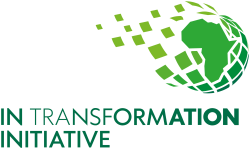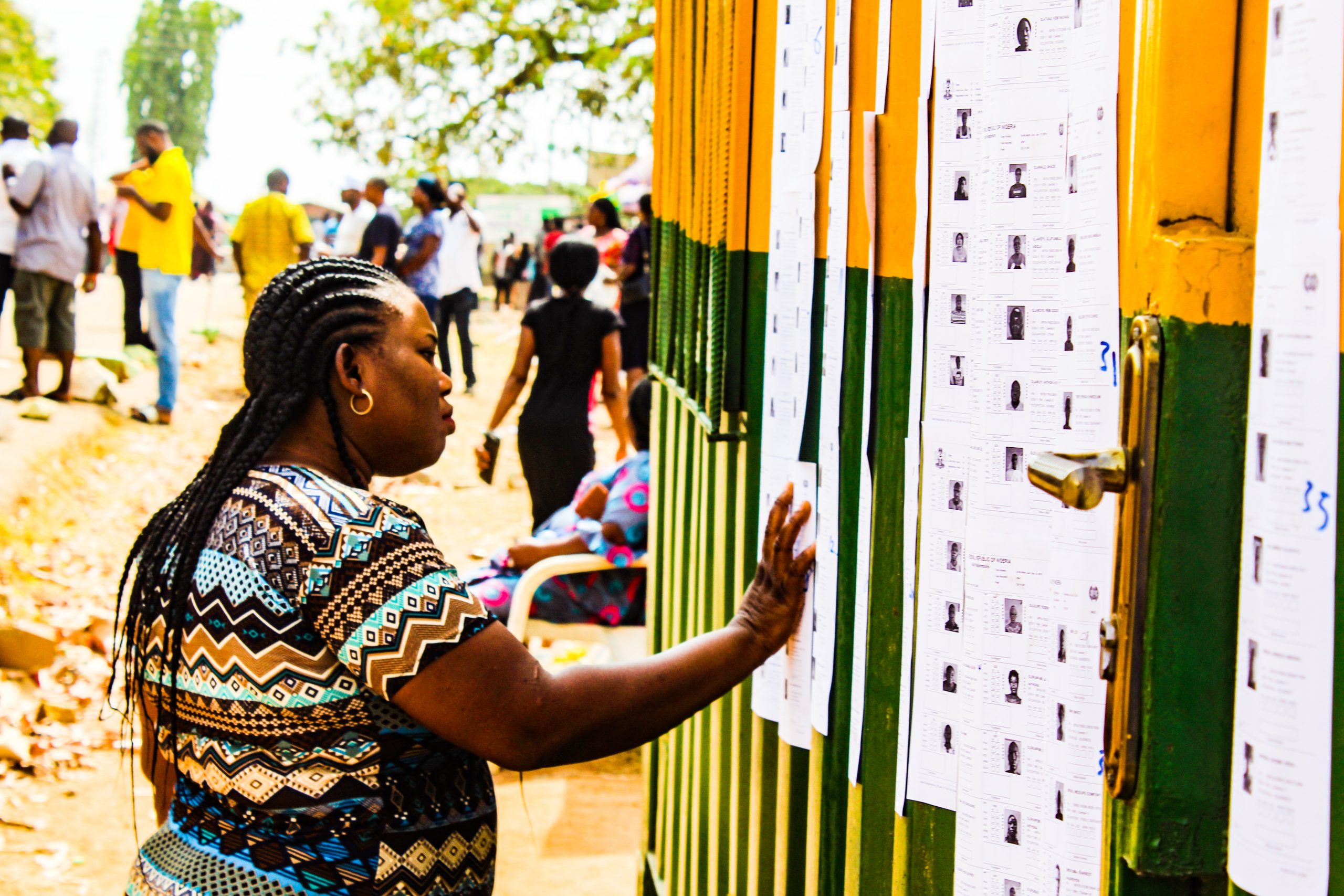In the past year an unprecedented number of high-profile elections were held in Africa. Many of them, like those in Burundi, Tanzania, Guinea and Côte d’Ivoire, were marred by violence and the electoral processes were considered far from credible.
In Burundi in May this year, the ruling party’s Evariste Ndayishimiye won an election marked by serious violence and lack of media freedom and freedom of speech. In Tanzania last month, President John Magufuli won a second term in a race where considerable doubts prevail over its fairness, given the clampdown on the opposition and the media. Opposition leader Tundu Lissu once again had to flee to Europe following death threats, as he had done in 2017.
In West Africa, elections in Guinea and Côte d’Ivoire were contested by ageing heads of state who had changed their constitutions and subsequently ran for a third term. In the run-up and after the polls, violence broke out that cost the lives of hundreds of citizens.
In all these countries people have expressed frustration at the shrinking of the political space and with election management bodies that were not seen as neutral referees of the voting process. Many decry a regression of democracy on the continent, especially since these abuses are happening in countries such as Tanzania that were erstwhile models of peaceful transition and political stability.
Going forward, however, Africa benefits from a paradigm shift on several levels that could provide new solutions to this potential backsliding.
Africa’s continental institutions such as the Economic Community of West African States (ECOWAS) and the African Union (AU) have arguably upped their game over the past decade, improving their capacity to intervene and prevent crises from escalating. Highly skilled mediators, greater collaboration between organizations and information sharing have contributed to success in some places.
In Côte d’Ivoire, for example, joint AU, United Nations and ECOWAS efforts are ongoing to try to move beyond the impasse. In principle the various actors, including President Alassane Ouattara and former president Henri Konan Bedie, have agreed to participate in dialogue over the crisis, even though the modalities of this still need to be finalized.
Election observer missions have also gained in efficiency, despite the fact that there is a long way to go to convince governments to adhere to their recommendations.
The AU needs to do more work to ensure leaders respect their constitutions and adhere to principles such as the African Charter on Democracy, Elections and Governance. It should emphasize that it is contrary to these principles for leaders to change a country’s constitution in order to stay in power beyond their mandate.
On another level, new tools are giving citizens a voice beyond the confines of their countries’ borders – or even beyond the continent. Social media is making it more and more difficult for authoritarian governments to control messaging and clamp down on criticism.
The COVID-19 pandemic has accelerated the move to a digital space and has given civil society organizations a new platform where they can meet and network across countries in ways that were impossible in the past.
Despite many plans to create a people-centred organization, the AU is notorious for snubbing any efforts by civil society to participate in its decisions and programmes. In 2020, however, an unprecedented number of online events took place that united governments, African institutions and civil society activists. This is hopefully a shift that will last into the future.
The #EndSARS campaigns in Nigeria these last few weeks have also shown the immense power of social media and of celebrity influencers among young people on the continent to fight against abuses and to insist on changes in the way they are governed.
In 2021 the continent will still grapple with the fallout from the past year’s questionable elections – and will face new ones in countries such as Uganda and Zambia where opposition activity has been severely curtailed.
Finding new ways to deal with election-related crises is crucial to limit violent contestation and restore democracy. Using online tools and social media to monitor elections, as was the case in the recent Tanzanian elections, certainly has its limits, but it can prevent abuses in some cases.
The shift online is a global phenomenon. This has meant that Africans can tap into experience and support from the diaspora, rights organizations and international bodies in a way that has not been possible before. Training and capacity building is happening online thanks to new digital tools. This does not prevent governments like those in Zimbabwe from imprisoning journalists and opposition figures, but it can help them to alert the international community to what is happening.
The recent United States elections have shown that no country in the world is exempt from attempts to undermine democracy. Strong systems and institutions, however, saved the day and credible voting processes made sure the real winner emerged.
Restoring trust in elections will be a challenge – among many others – for Africa in the new year that is fast approaching.

